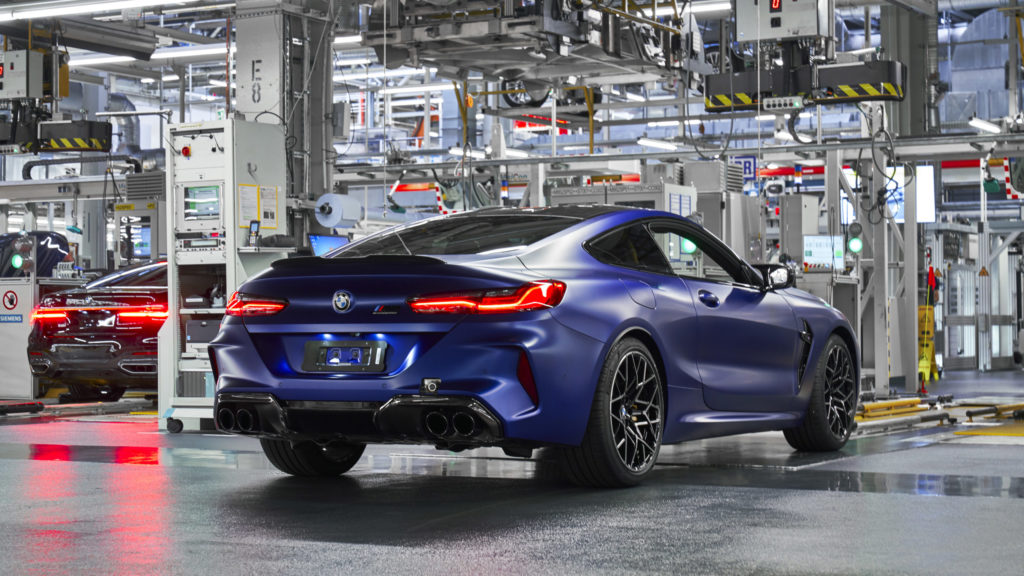According to recent reports, the ongoing semiconductor chip shortage of 2020 and 2021 is beginning to affect the BMW Group in the form of preventing the automaker from completing approximately 10,000 vehicles in the coming days and weeks. The production shortfall adds to 30,000 vehicles that the manufacturer hasn’t been able to produce in 2021 alone, and is also driving up prices for some options and packages.
The chip shortage is said to be primarily affecting BMW’s German plants, which build the bulk of the company’s products, but BMW Group Plant Spartanburg, which manufactures the X series from X3 through X7, is also said to be feeling the strain as customers struggle to order the G01 X3 LCI with certain features and options, according to BMWBlog.
BMW Group vehicles including those from the BMW, Mini, Rolls-Royce brands use as many if not more computer chips than other vehicles on the market, but the automaker is reported to have largely avoided the troubles of other makes by anticipating the declining supply and appropriately adjusting production. Nevertheless, the combination of circumstances and conditions that are said to have attributed to the shortage have continued largely unabated, and BMW has joined the rest of the automotive industry in feeling the affects.
Although the coronavirus outbreak and subsequent pandemic are described as catalysts for the chip shortage, thanks to subsequent temporary factory shutdowns and skyrocketing demand owing to employers embracing work from home, a drought in Taiwan and continued high demand attributed to economic recovery and government stimulus are said to have created the current scenario. During the first half of 2021, Taiwan experienced its most severe drought in decades, leading to a shortage of water among semiconductor manufacturers, which use the resource as an input to sanitize the wafers that form the basis of microchips. At the same time, demand for goods that use chips has continued to outpace pre-pandemic levels, and the manufacturers of such legacy chips have been unable to scale production.
Computer graphics cards, video game consoles, and motor vehicles have been the most heavily impacted products. Graphics cards, or GPUs, continue to sell for well above MSRP, and the price of used and new cars has risen in dramatic fashion. As recently as May, Ford parked enough unfinished vehicles at Kentucky Speedway for the mass to be seen from space. BMW sales, both in the U.S. and globally, have continued to expand in 2021 beyond pre-2020 levels, but executives have cautioned that the numbers would be even greater if not for the chip shortage.—Alex Tock
[Photos courtesy BMW AG.]
